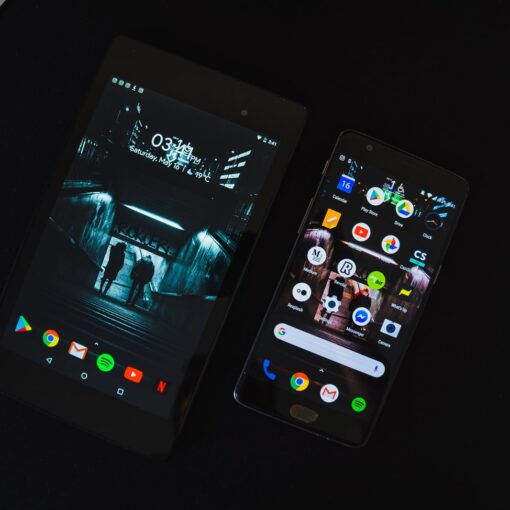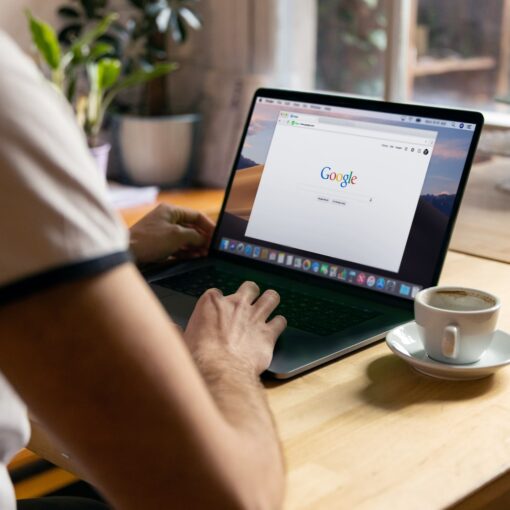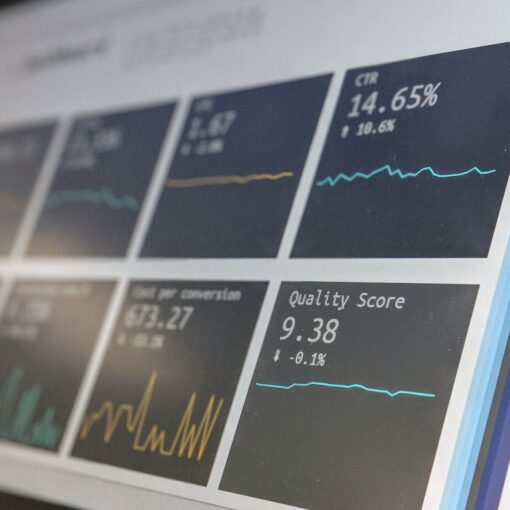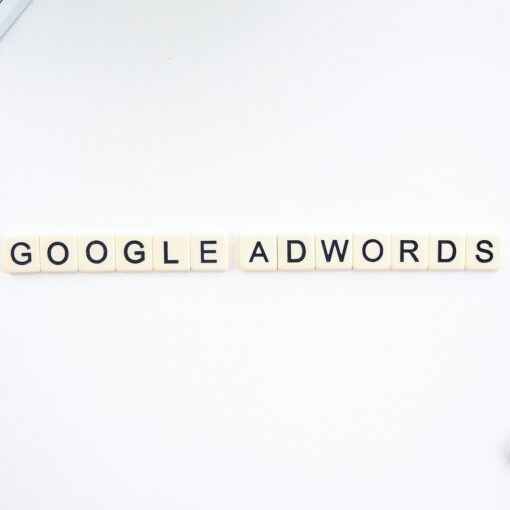Top Takeaways and Key Concepts.
→ Set a clear PPC budget to control spending and maximize return on investment.
→ Target precise keywords that match your ideal audience’s search intent and buying behavior.
→ Create strong ad copy that captures attention and motivates users to click your ad.
→ Use location and demographic filters to reach the most relevant potential customers.
→ Monitor and adjust campaigns regularly to improve performance and reduce wasted ad spend.
Summary of This Article.
Pay-per-click advertising is one of the most efficient ways to reach targeted audiences and drive measurable results. This article breaks down the essentials of PPC, from choosing the right keywords to optimizing budgets and tailoring ads by location and demographics. Readers learn how to avoid costly mistakes, focus on relevant traffic, and use data-driven insights to improve ROI. It also explains why PPC gives small businesses the ability to compete with larger ones while maintaining cost control. With the right strategy and ongoing refinement, PPC becomes a powerful and ethical tool for sustainable growth.
 Pay-per-click advertising is a form of advertising that can be an affordable and cost-effective way to get more traffic to your site. It’s the model where advertisers pay for each click, typically on their Google Ads, and not on impressions or clicks by people who pass over the ad without clicking it. Plus, there are some tactics you can use to increase ROI and get more of your money back.
Pay-per-click advertising is a form of advertising that can be an affordable and cost-effective way to get more traffic to your site. It’s the model where advertisers pay for each click, typically on their Google Ads, and not on impressions or clicks by people who pass over the ad without clicking it. Plus, there are some tactics you can use to increase ROI and get more of your money back.
Did you know that the average cost per acquisition for Pay-Per-Click (PPC) advertising is $7.50 while the cost per acquisition of traditional media avenues like TV and Radio advertising is $3? PPC advertising has allowed many small businesses to compete with giant corporations, while also using less money than other methods of advertisement. If you are just starting out or looking for a way to get your company name out there, PPC ads may be the right choice for you.
Many advertisers are turning to pay-per-click advertising as an alternative to traditional advertising, such as radio commercials or newspaper ads. Pay-per-click advertising is growing in popularity because it’s easy for marketers to measure effectiveness and the cost of the campaign is typically lower than traditional forms of advertising.
One reason why brands are turning more to PPC marketing is because it enables them to run campaigns with fewer resources.
Every dollar matters when it comes to advancing a business via advertising. Everyone understands that in order to generate money, one must first spend money; yet, many individuals are unaware that they are going about this process in the wrong way. Just because you make a purchase after seeing an internet advertisement that might be watched by millions of people does not indicate that you spent your money wisely. Furthermore, even if your advertisement is not viewed by that large a number of people, the money is still being taken from your account. With the developments in technology and the proliferation of advertisements that continue to appear today, there are strategies to prevent falling prey to such online advertising mistakes. A Pay-Per-Click (PPC) advertisement is an excellent technique to maximize the return on your advertising dollars.
Pay-Per-Click (also known as Paid Search) advertisements vary from traditional web advertisements in that a corporation will only pay for an advertising if it is clicked on by a customer. Even though it is a very self-explanatory concept that seems to be rather easy, the impact it may have on your organization is much more than you would expect. Consider how many times a buyer just scrolls past your ads without even giving it a second glance. The fact is that you must pay for whatever is shown on the screen, regardless of how little interest he or she has in your product. A pay-per-click advertisement removes this indifferent online user from the equation. If you don’t click, there are no consequences.
In case you’re wondering whether you’ve ever seen a PPC campaign before, simply think back to any Google search results page you’ve ever come across. Have you ever been wondering as to why some links on the top and right side of the page are branded as “sponsored links” and why they are there? Those are paid search adverts, to be precise. If you’ve ever wanted to know how to get one of those highly sought-after first-page Google rankings, this is the guide for you. Most of these advertisements are acquired via search engines, with the top (and most wanted) positions going to the highest bidders. In a Google search results page, the links at the top of the result’s page are the ones that are most likely to be clicked by the average customer.
It seems that this strategy may have some drawbacks, as you may find yourself paying a higher rate than usual if you obtain an unexpectedly large number of hits; nevertheless, there are many methods to prevent this problem and make your adverts more specialized to your target customer. For example, you don’t want the terms you use to search for whatever commodity or service you’re offering to be too generic or too particular, since that will make it difficult to find it. What this implies is that if your keywords are too broad, your ad will simply blend in with the numerous other adverts for the same goods on the internet. As we all know, internet buyers don’t always know precisely what they are searching for, therefore if your keywords are too particular, customers may have a difficult time locating your advertisement. Sometimes it takes a little stumbling to come to the correct product for your needs.
When choosing keywords, the most important thing to remember is that they should be as specific as possible. Know your customer, and know who your rival is as well. If you understand your target audience, you will be able to predict what they will type into that search field. If you are familiar with your rival, you will be able to determine what they have done effectively and if you can replicate or better that achievement. Additionally, you have the option of adding negative keywords in addition to your desired keywords. It will prohibit your ads from appearing in the search results if a customer inserts one of your negative keywords into the search field. In general, the more specific your keywords, including negative keywords, are, the more likely it is that your ad will be clicked by people who are interested in making a purchase.
The details of pay-per-click advertising do not stop with the keywords that are entered into search engines. These advertisements may also be tailored to a company’s size, location, and kind of service it offers. For example, some firms only give their services to consumers who live inside a certain geographical area. Because it would be a waste of a click if anyone outside this range were to view the company’s PPC, it would be a waste of a click because it would not result in a transaction; consequently, a Paid Search advertisement may be restricted to a certain region so that only prospective consumers can see it. Additionally, these advertisements might be tailored to target just a certain demographic. If a certain commodity or service is exclusively available to females between the ages of 35 and 55, these customers might be targeted with pay-per-click (PPC) advertisements on social media sites like Facebook. Do you know of a more effective kind of advertising than one that can only be viewed by prospective customers and no one else?
While Pay-Per-Click marketing may be a novel idea to some, it is one that more companies should begin to take advantage of as early as possible. In an economic climate when mismanagement of cash may lead to a company’s demise, a pay-per-click campaign is a cost-effective approach to make every dollar count. Of course, no advertising can guarantee that it will result in a sale, but with all the components of a PPC campaign, it is a certain method to get close. This kind of advertising is not only a good way to spend money, but it is also a morally correct way to spend money.
Frequently Asked Questions
What is Pay-Per-Click advertising?
Pay-Per-Click (PPC) advertising is a marketing model where advertisers pay only when their ad is clicked.
Why is PPC advertising considered cost-effective?
PPC ensures you only pay for actual engagement, making it a measurable and efficient marketing investment.
How does keyword selection impact PPC success?
Choosing specific, relevant keywords attracts the right audience and increases the likelihood of conversions.
What are negative keywords in PPC campaigns?
Negative keywords prevent ads from appearing in irrelevant searches, helping you avoid wasted ad spend.
Can PPC ads be targeted by location or audience demographics?
Yes, PPC platforms allow you to target specific regions, age groups, and interests for precise ad delivery.
What makes PPC different from traditional advertising?
Unlike traditional ads, PPC charges only for clicks, not for general exposure or impressions.
How can advertisers improve ROI with PPC campaigns?
Regularly monitoring results, refining keywords, and optimizing ad copy are key to maximizing ROI.

Kevin Collier is a seasoned writer and technology enthusiast with a passion for exploring the latest industry trends. With a background in digital marketing and content creation, he brings insightful perspectives to imhits.com on emerging technologies, innovations, and their impact on everyday life. When he’s not writing, Kevin enjoys experimenting with new gadgets and sharing his knowledge with fellow tech aficionados.





